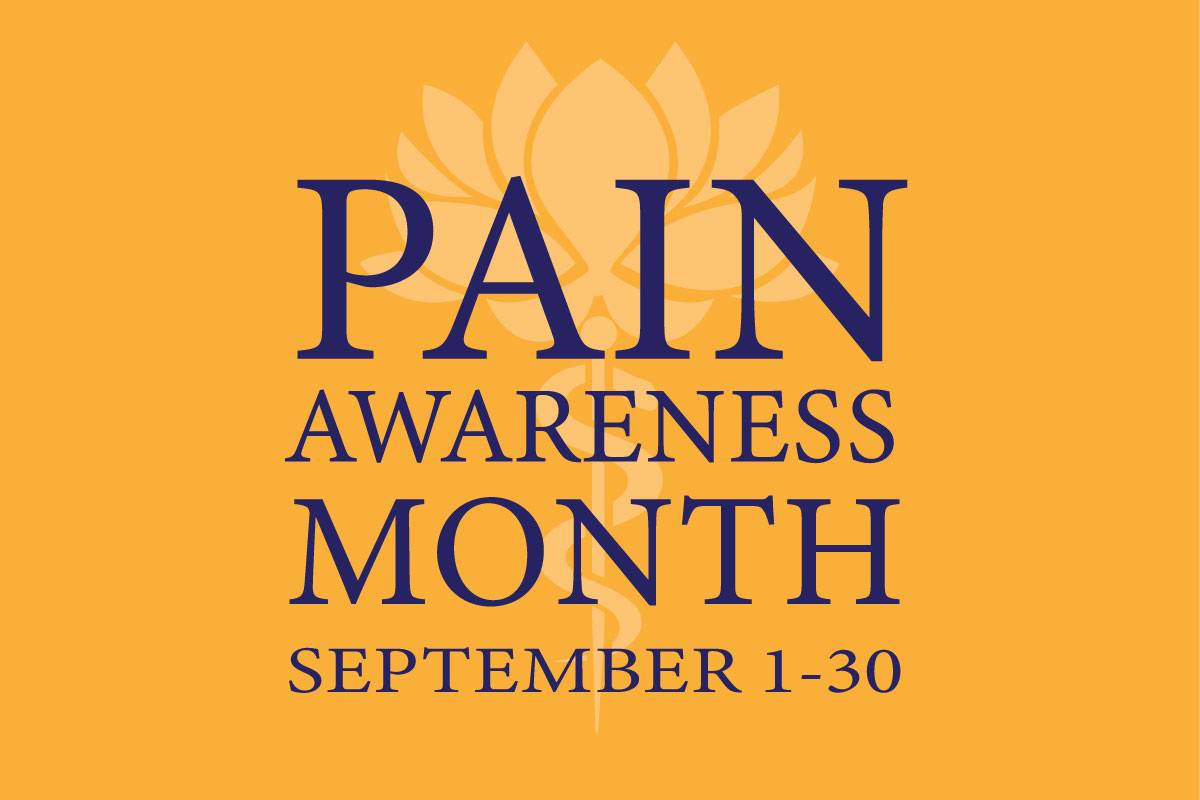
5 Ways We Can Keep Your Immune System Strong
December 10, 2025/by Kaplan Center
Want to Take Your Workout to the Next Level Next Year? These Tips Can Help
December 8, 2025/by Kaplan Center
Dr. Kaplan’s Dos and Don’ts of the Holiday Season
December 3, 2025/by Kaplan Center
Let’s Talk Webinar – A Root Cause Q&A
December 2, 2025/by Kaplan Center
Navigating Holiday Meals with Gut Issues: Simple Tips for a Comfortable Season
December 1, 2025/by Chardonée Donald, MS, CBHS, CHN, CNS, LDN
Craniosacral Therapy for TMJ | Say Goodbye to the Daily Grind
November 19, 2025/by Patricia Alomar, M.S., P.T.
From Compassionate Care to Personal Healing: A Letter to My Patients
November 18, 2025/by Kaplan Center
8 Steps to a Healthier Gut—and a Longer, Healthier Life
November 18, 2025/by Kaplan Center
Mid-Life Irritability & Fatigue Improved by Hormonal Balancing
November 13, 2025/by Lisa Lilienfield, MD
From Challenges to Change: Dr. Kaplan on Healthcare’s Biggest Challenges
October 29, 2025/by Kaplan Center
Overlooked Dangers of Mold Exposure and How to Stay Safe – Dr. Kaplan Talks to WUSA9
October 27, 2025/by Kaplan Center
Let’s ‘Fall’ Into Wellness: A Nutritionist-Approved Immune-Boosting Recipe for Cold and Flu Season
October 13, 2025/by Chardonée Donald, MS, CBHS, CHN, CNS, LDN
PANS/PANDAS – When Sudden Symptoms Signal Something More
October 9, 2025/by Kaplan Center
Beating Burnout, A Nutritionist’s Perspective
October 1, 2025/by Chardonée Donald, MS, CBHS, CHN, CNS, LDN
3 Things That Can Happen After Stopping GLP-1s
September 11, 2025/by Chardonée Donald, MS, CBHS, CHN, CNS, LDN
What Families Need to Know About COVID and Flu Season
September 3, 2025/by Kaplan Center
September is Pain Awareness Month
September 1, 2025/by Kaplan Center
Dr. Kaplan Spoke to Northern Virginia Magazine About COVID, Flu, and Immunity — Here’s What You Should Know
August 14, 2025/by Kaplan Center
“Why Do I Feel Like Crap?”: The Overlap Between Long COVID and Perimenopause
July 30, 2025/by Kaplan Center
Why People Are Turning to EMDR (and Why You Might Want to Too)
July 23, 2025/by Kaplan CenterAre you looking to improve your overall wellness?
Personalized care you can trust.
Our integrative, non-surgical treatment approach is highly successful in maintaining wellness and also treating chronic pain and illness. For more than 30 years, we have delivered superior, cutting-edge health care in the Washington, DC area.
QuickLinks
Contact Information
Tel: 703-532-4892
Fax: 703-237-3105
6829 Elm Street, Suite 300
McLean, Virginia 22101
Map It
Hours of Operation
Mon – Thu : 8 am – 5 pm, ET
Fri : 8 am – 12 pm, ET
Q&A: Do women who have never had children experience incontinence with or after menopause?
/in Conditions/by Jeanne Scheele, PTQ: Do women who have never had children experience incontinence with or after menopause? There are estrogen receptors on muscles, including the bladder, so if a woman never had a child – and therefore never stretched out her pelvic floor – would she still have incontinence because she has so little estrogen?
A: Thank you for your great question. Women who never have given birth, can and do experience urinary incontinence peri or post-menopause. It is true that over time, our bodies become depleted of estrogen. However, low estrogen is not the only factor contributing to incontinence.
Good hormonal health is a balance of estrogen, progesterone, and testosterone. The onset of urinary incontinence can be attributed to an accumulation of many issues: A history of urinary tract infections, obesity, constipation, hormonal imbalance, high-stress lifestyle, overactive abdominals, sedentary lifestyle, abdominal, pelvic, low back, hip surgical procedures, certain medications, gradual pelvic floor weakness. This list is not complete, but you get the picture. The reasons for incontinence are multiple; a “stretched-out” pelvic floor or not, is only one consideration.
Thanks!
Jeanne Scheele, PT, PRPC
Related:
Meal Kits: A Tool Towards Healthier Eating?
/in Lifestyle, Nutrition/by Kaplan CenterMany of our patients struggle when it comes to starting a new diet. In fact, the word diet alone can provoke feelings of anxiety, self-doubt, and even depression about one’s current state of health, hindering efforts to make real lifestyle changes. While most of us know what we should and shouldn’t be eating, impulsive decisions can cause major mental setbacks.
Meal kit services, like Hello Fresh and Blue Apron, debuted in the United States in 2012 and have steadily gained popularity. With over 150 companies delivering all the components of a home cooked meal tucked inside a box it is estimated that nearly one third of Americans have now tried one! While the most obvious reason for signing up may be convenience, from our perspective meal kits can be a wonderful way to kick-start and maintain a healthy eating routine.
If you’ve ever considered giving one a try but remain undecided, here are some pros and cons to help determine if it’s a good fit for you:
PROS:
CONS:
At a time when we know so much about nutrition and how it can either facilitate illness or improve overall wellness, a meal kit service can be one more tool in the arsenal when it comes to better managing our health.
*The Kaplan Center for Integrative Medicine does not endorse any one service mentioned above. We encourage due diligence by our readers before making any purchase and, if necessary, a discussion with your physician or nutritionist about the options that may work best for you!
New Migraine Drug Approved by U.S. Food & Drug Administration
/in News, Treatments/by Kaplan CenterA new medication was recently approved by the FDA for migraine sufferers. According to the FDA, Aimovig is the first in a new class of drugs “that work by blocking the activity of calcitonin gene-related peptide, a molecule that is involved in migraine attacks.”
An article published in Science News explains what is known – and what is still unknown – about this new medication. You can read the summary below or by clicking here.
[gview file=”//kaplanclinic.com/pdfs/What_You_Need_To_Know_About_Aimovig_Science_News_6.5.18.pdf”]